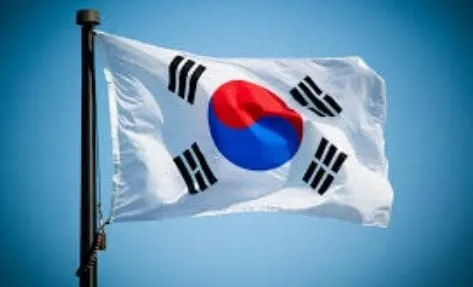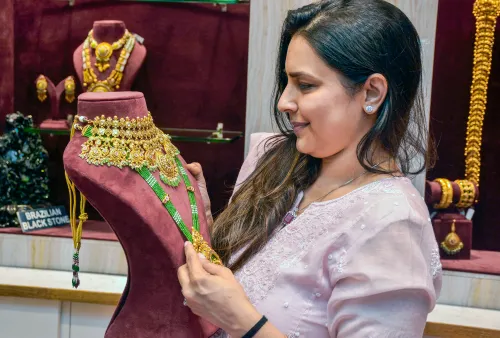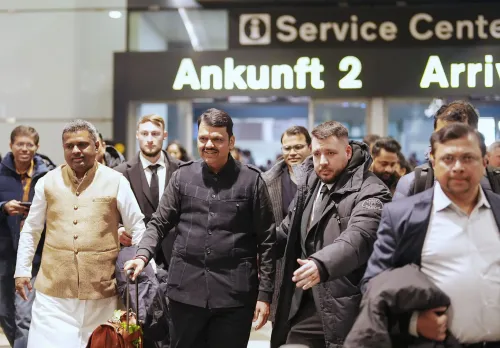What Are South Korea's Plans for Bilateral Trade Talks with 14 Partners at the APEC Meeting?

Synopsis
Key Takeaways
- South Korea aims to enhance bilateral trade cooperation with 14 partners.
- The APEC meeting took place on Jeju Island.
- High-level talks included representatives from WTO.
- Trade discussions focus on advanced industries and energy sectors.
- Efforts are underway to mitigate trade uncertainties.
Seoul, May 17 (NationPress) South Korea has engaged in discussions aimed at boosting bilateral economic and trade cooperation with the United States, China, Japan, and multiple other partner nations during the Asia-Pacific Economic Cooperation (APEC) meeting. This dialogue comes amid growing uncertainties in the global economic and trade environment, as reported by the industry ministry.
The two-day APEC Ministers Responsible for Trade Meeting was hosted on South Korea's southern resort island of Jeju from Thursday, providing a platform for trade ministers from regional economies to conduct one-on-one discussions, according to the Ministry of Trade, Industry and Energy in Seoul, as noted by Yonhap news agency.
During the meeting, South Korean trade and industry representatives participated in high-level bilateral discussions with delegates from 14 of the 20 other APEC member economies, along with the director-general of the World Trade Organisation (WTO), to seek opportunities for trade collaboration and coordination.
“In my meeting with U.S. Trade Representative Jamieson Greer yesterday, I outlined the current political scenario and various domestic issues ahead of the upcoming presidential election. We also evaluated the necessary steps to finalize the negotiations,” stated Trade Minister Cheong In-kyo at a press briefing.
Industry Minister Ahn Duk-geun is set to meet with Greer later today, which is anticipated to provide both sides a chance to comprehend each other's positions during these two rounds of tariff discussions.
Last month, the Donald Trump administration initiated reciprocal tariffs on partner nations, including 25 percent duties on South Korea, but suspended them soon after to facilitate one-on-one negotiations.
Seoul and Washington later agreed to pursue a “July package” deal concerning trade and other related matters before July 8, when Trump's 90-day suspension on reciprocal tariffs is set to end.
Cheong also met with senior officials from Japan's economic and foreign ministries on Jeju, where the two nations agreed to strengthen cooperation in advanced industries, hydrogen, and other emerging energy sectors, as well as supply chains, according to the ministry.
In a separate conference with his Indonesian counterpart, Cheong sought active support for South Korean firms operating in the Southeast Asian country.
“The government will strive to minimize uncertainties in the trade landscape and external risks by further solidifying the foundation for cooperation with the Asia-Pacific region,” the ministry released in a statement.










